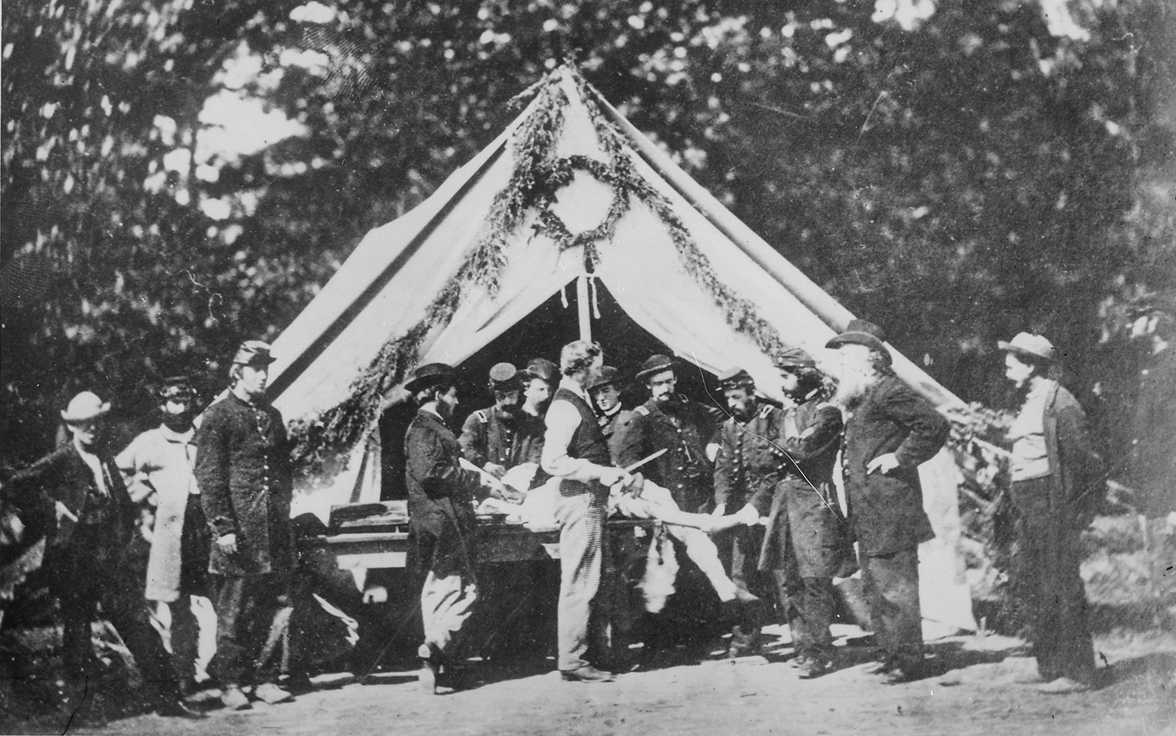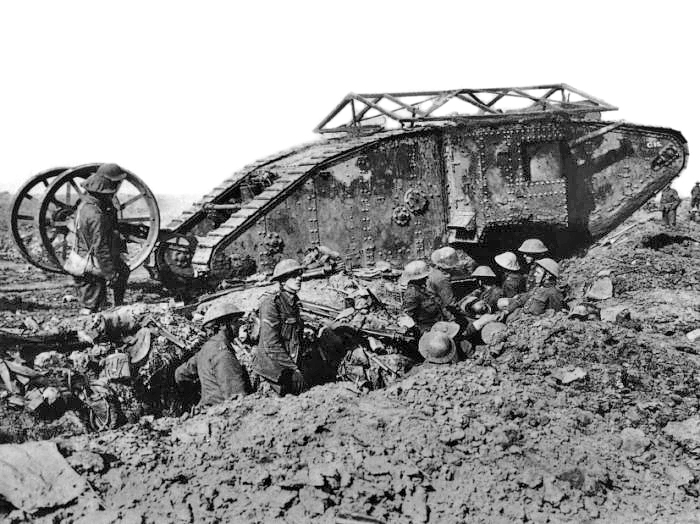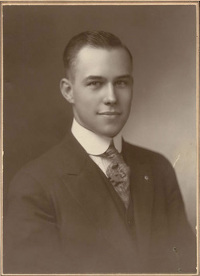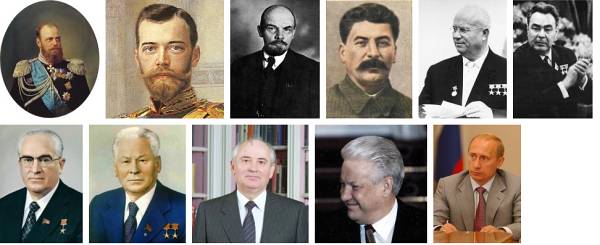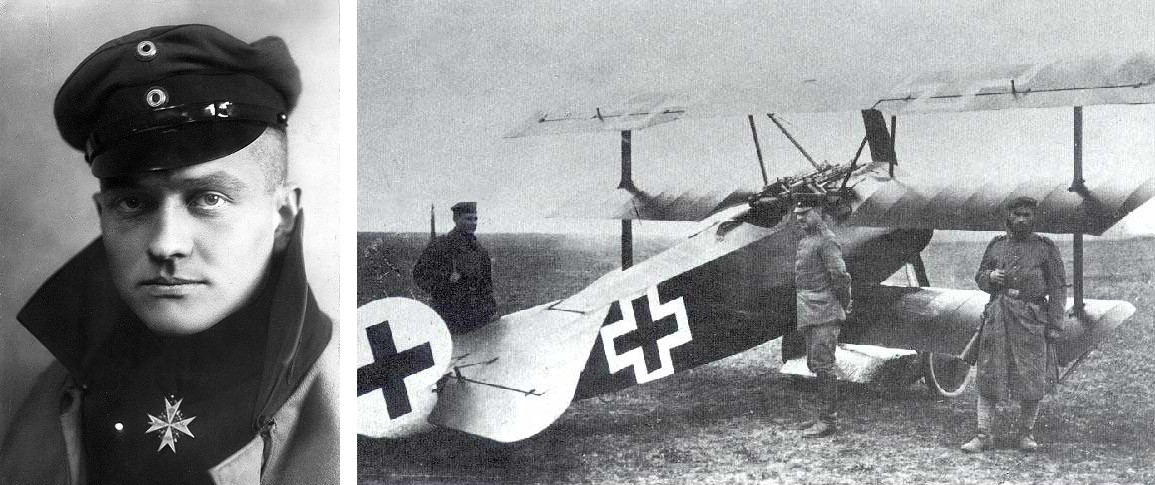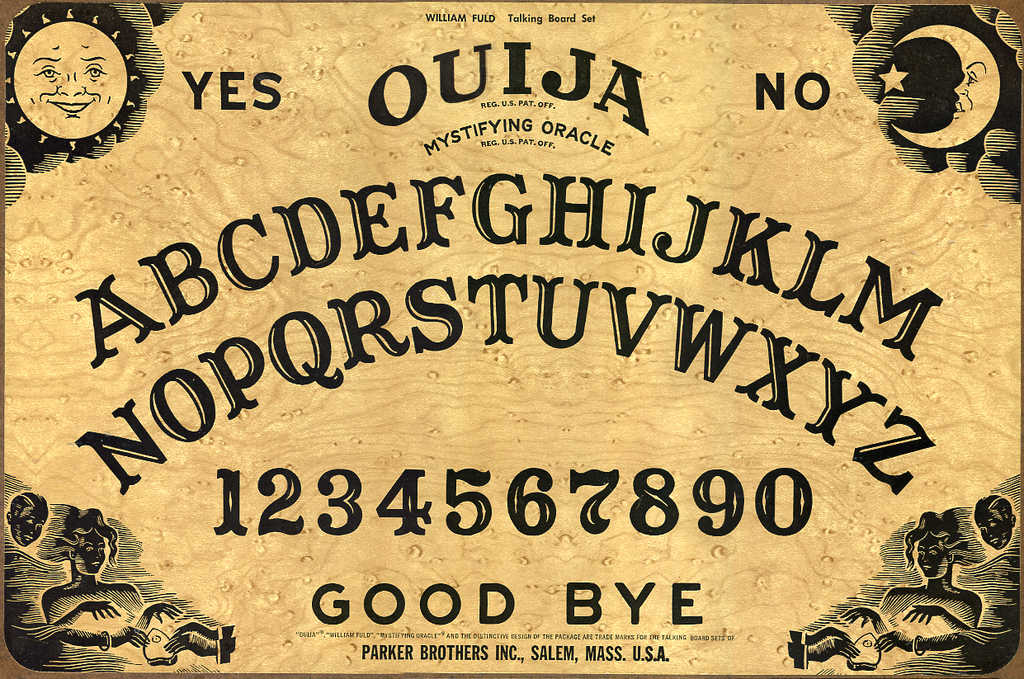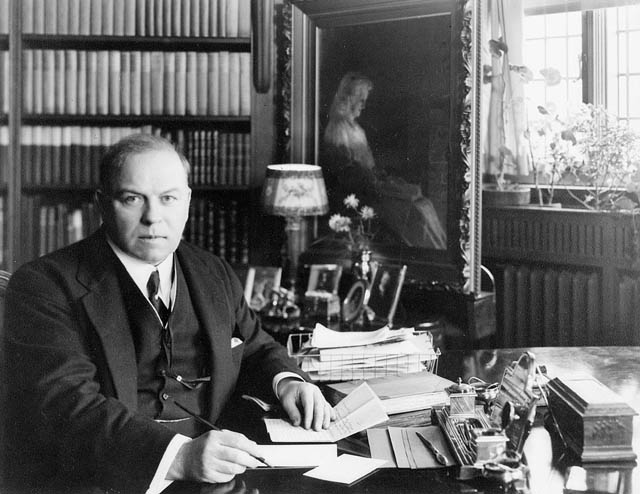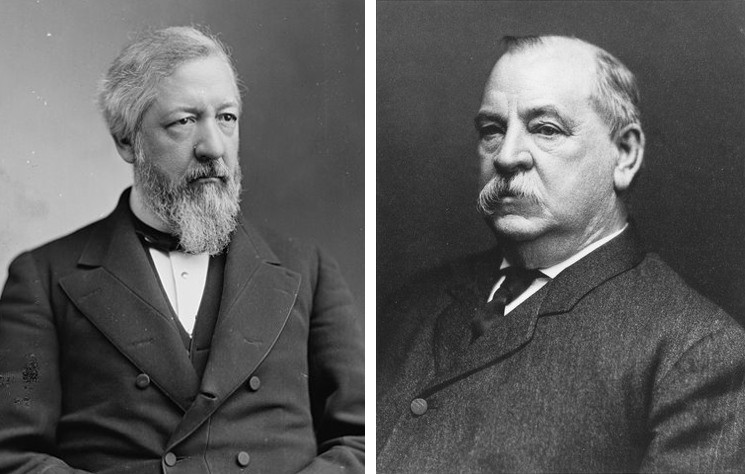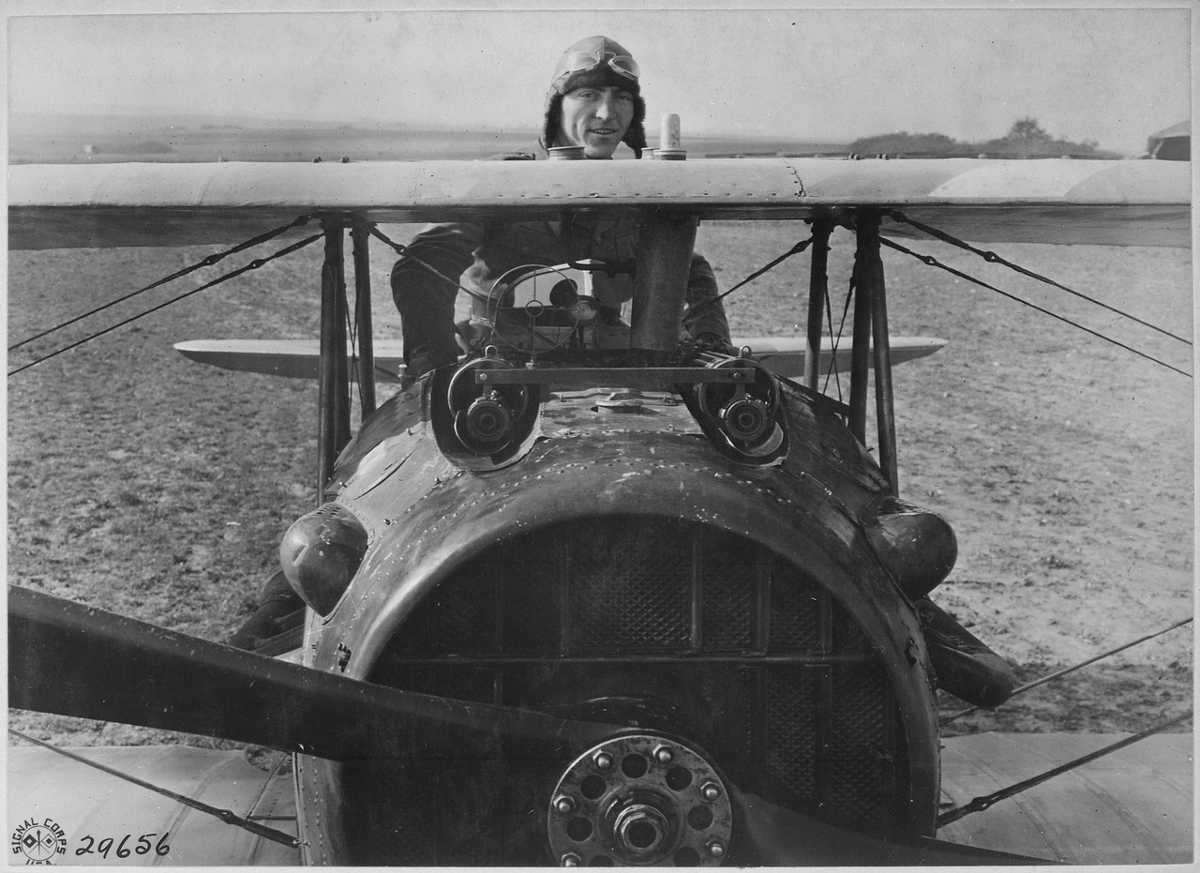
On the morning of the World War I armistice, Nov. 11, 1918, American fighter ace Eddie Rickenbacker took off against orders and made his way to the front. He arrived at Verdun at 10:45 and flew out over the no-man’s-land between the armies. Less than 500 feet off the ground, “I could see both Germans and Americans crouching in their trenches, peering over with every intention of killing any man who revealed himself on the other side.”
I glanced at my watch. One minute to 11:00, thirty seconds, fifteen. And then it was 11:00 a.m. the eleventh hour of the eleventh day of the eleventh month. I was the only audience for the greatest show ever presented. On both sides of no-man’s land, the trenches erupted. Brown-uniformed men poured out of the American trenches, gray-green uniforms out of the German. From my observer’s seat overhead, I watched them throw their helmets in the air, discard their guns, wave their hands. Then all up and down the front, the two groups of men began edging toward each other across no-man’s-land. Seconds before they had been willing to shoot each other; now they came forward. Hesitantly at first, then more quickly, each group approached the other.
Suddenly gray uniforms mixed with brown. I could see them hugging each other, dancing, jumping. Americans were passing out cigarettes and chocolate. I flew up to the French sector. There it was even more incredible. After four years of slaughter and hatred, they were not only hugging each other but kissing each other on both cheeks as well.
Star shells, rockets and flares began to go up, and I turned my ship toward the field. The war was over.
(From his autobiography.)

